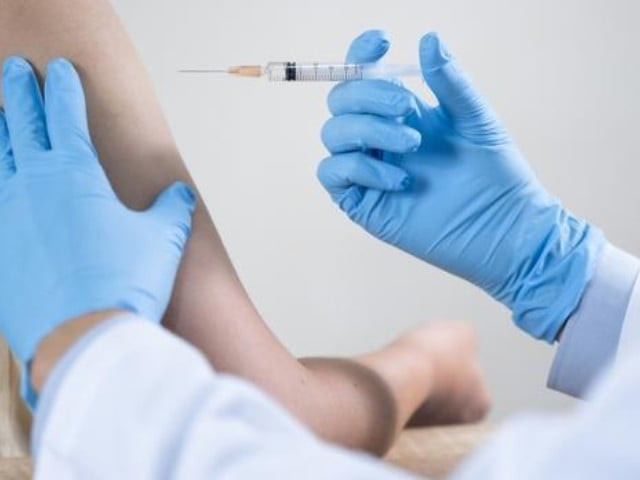Russia announces development of cancer vaccine
Russia’s new cancer vaccine aims to treat cancer patients with free distribution planned by 2025.

The Russian Health Ministry has revealed that it has created a cancer vaccine, which will be provided to patients at no cost starting in early 2025. Unlike preventative vaccines, this one is intended for treating cancer patients.
Andrey Kaprin, General Director of the Radiology Medical Research Centre under the Russian Ministry of Health, announced through Russia's TASS news agency that the country has developed its own mRNA-based cancer vaccine, which will be distributed for free.
The vaccine is anticipated to become widely available in early 2025. Alexander Gintsburg, Director of the Gamaleya National Research Center for Epidemiology and Microbiology, informed TASS that pre-clinical trials have shown the vaccine can suppress tumour growth and limit the potential for metastases.
Previously, Russian President Vladimir Putin mentioned that scientists in Russia were on the verge of developing cancer vaccines that could soon be accessible to patients. “We have come very close to the creation of so-called cancer vaccines and immunomodulatory drugs of a new generation," he said in televised remarks in February.
Details about which types of cancer the vaccine targets or its official name remain unclear. Meanwhile, other countries are also pursuing similar advancements. For instance, the British government has partnered with German biotech company BioNTech to create personalised cancer treatments, as reported by *Newsweek*.
Gintsburg earlier highlighted that artificial neural networks could significantly reduce the time required to design personalised cancer vaccines to under an hour.
“Now it takes quite long to build [personalised vaccines] because computing of how a vaccine, or customised mRNA, should look like uses matrix methods, in mathematical terms. We have involved the Ivannikov Institute which will rely on AI in doing this math, namely neural network computing where these procedures should take about half an hour to an hour," the vaccine chief told TASS.
Meanwhile, pharmaceutical giants Moderna and Merck & Co are working on an experimental cancer vaccine. A mid-stage clinical trial indicated that this vaccine could reduce the risk of melanoma recurrence or death by 50% over three years of treatment.

-(1)1718534695-0/house-of-dragon-(1)-(1)1718534695-0-208x130.webp)

















COMMENTS
Comments are moderated and generally will be posted if they are on-topic and not abusive.
For more information, please see our Comments FAQ